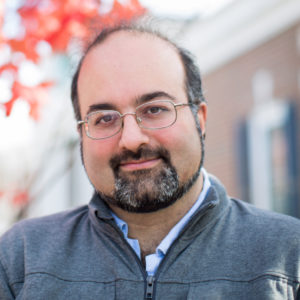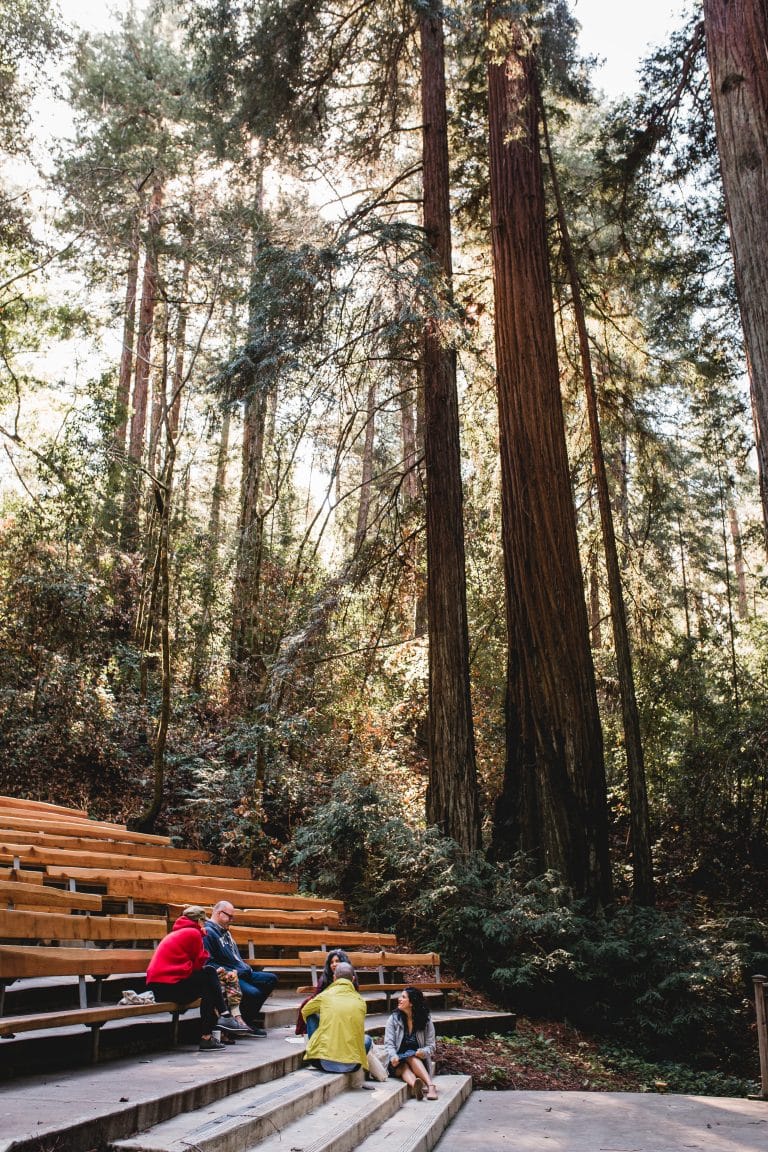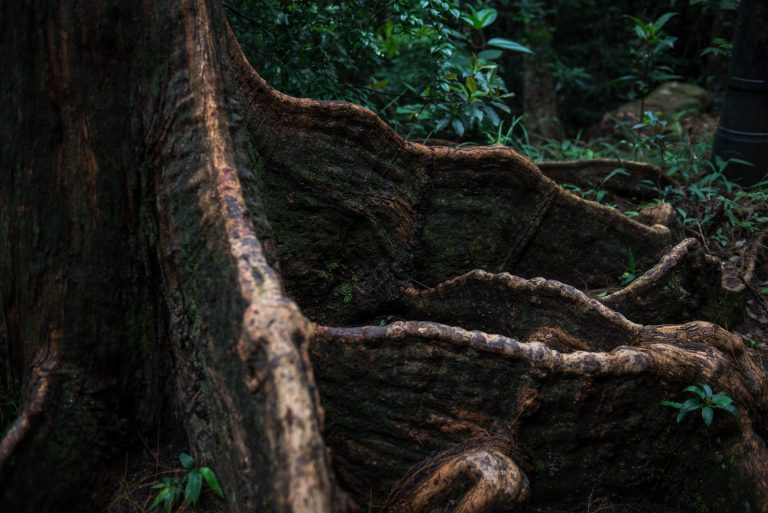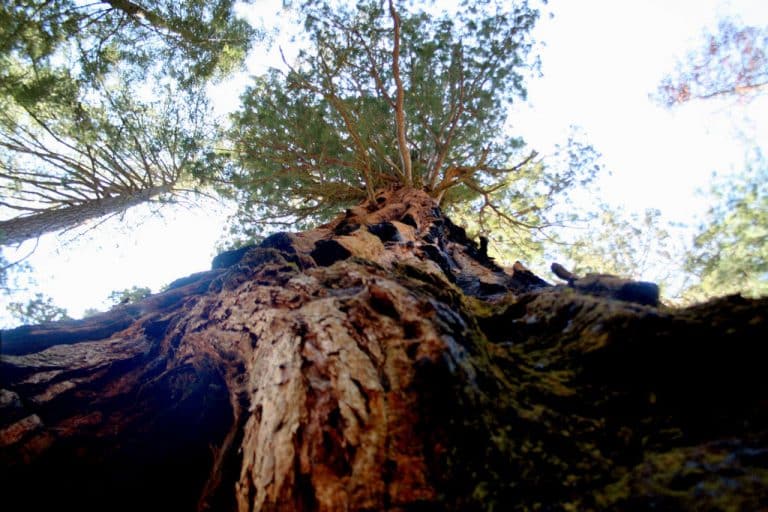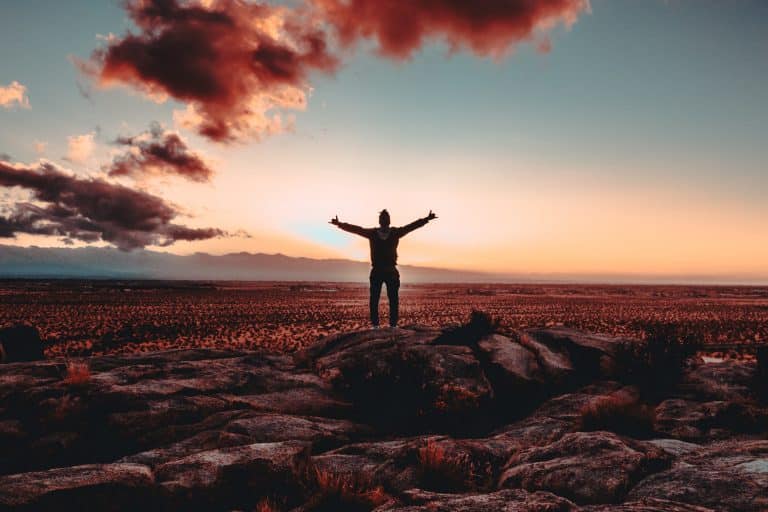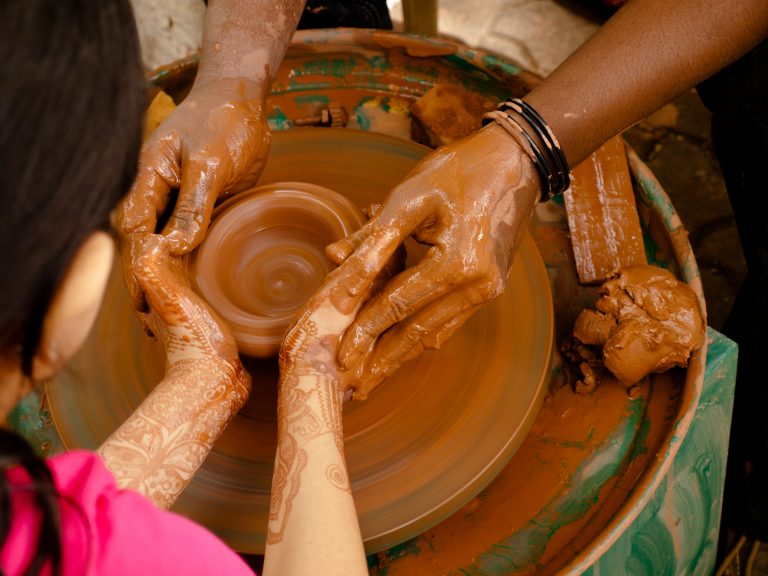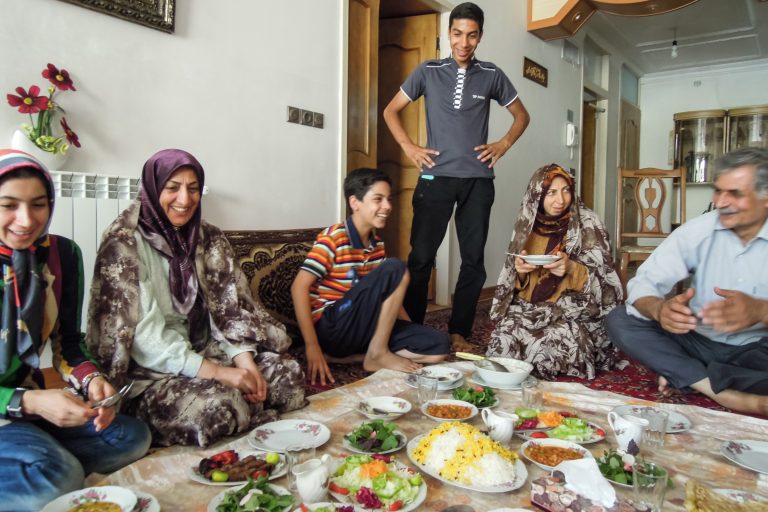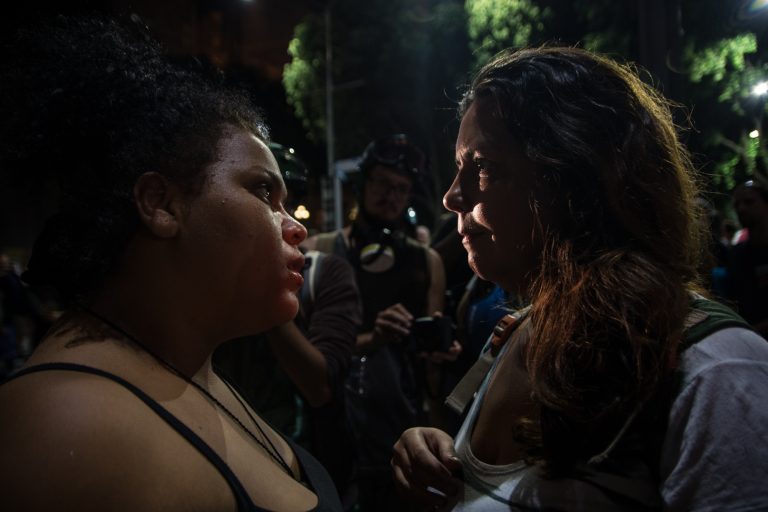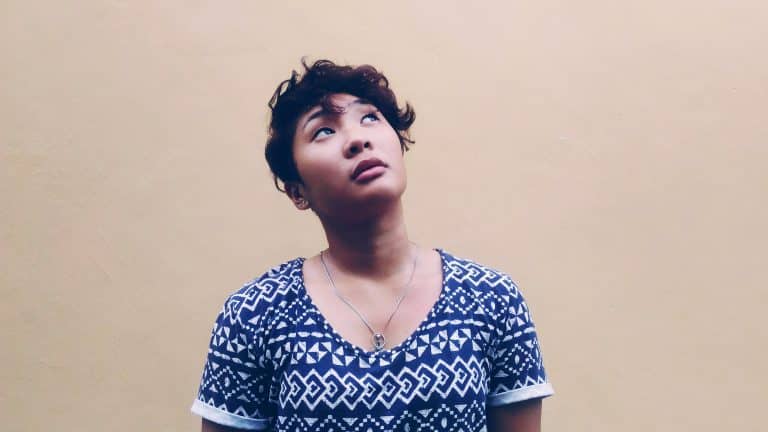View
- List View
- Standard View
- Grid View
162 Results
For Omid Safi, writing his weekly On Being column has been an exercise in planting seeds of joy and love, in service of cultivating justice in this world.
The marrow of our existence — that deep understanding and commitment to tenderness — is just as important as the rituals, traditions, and ideologies that structure our lives.
The resilience of redwood trees is a beautiful metaphor for the great vitality and growth that can come from life’s deepest wounds.
Let us think of love more expansively and celebrate the very act of loving — for its power to connect us with each other, to the world, to God.
There will come a time in our lives when we will truly have only two hours to live. How lovely to greet that moment with no regrets, but with a sense of purpose, meaning, love, tenderness, and forgiveness.
Times of darkness require what Omid Safi calls “a prophetic quality of hope.” Our columnist speaks to the value of kind, intentional action, even when the results aren't immediately apparent.
Acknowledging and honoring the emotions, passions, and pain of fellow citizens may not be the solution to ideological polarization, but it is the beginning of an antidote — one that is critical to building the America we yearn to see.
What is lost when we no longer look to those who've gone before us for guidance? Omid Safi asks us to look beyond self-help towards the lost art of apprenticeship.
Winter’s coldness has Omid Safi searching for warmth in his mother’s lentil soup — and asking what it means to find comfort and nourishment in each other. He shares the recipe and some food for thought.
The greatest love is not extravagant or glamorous, but like good leather or a favorite pair of jeans, wears in and softens with us through the years.
December 13, 2017
Where Do We Go From Here? Twelve Points to Ponder After President Trump’s Jerusalem Declaration
Following the president's decision to move the capital of Israel to Jerusalem, our columnist reminds us that the Israeli-Palestinian conflict is not a simple question of theology. It is wrapped up in political, historical, and colonialist motivations that prevent the Jewish, Muslim, and Christian communities from reaching a peace in the holy city that all can share.
December 6, 2017
The Characterization of Sufism as a Separate Sect Within Islam Is Inaccurate and Problematic
Omid Safi explores the harmful good Sufi/bad Muslim construct in the way we talk about Islam — and calls for a greater understanding of the true breadth of the spectrum of Islamic thought.
It can be hard, sometimes embarrassing, to admit we don't have the answers. But there's grace and wisdom in owning up to what we don't know — and giving space for the strengths of those we might overshadow.
On joining our individual reckoning with injustice with the practical work of changing the broken structures that affect our lives.
We never would have guessed it, but Omid is a total gearhead. What a jaunt in a convertible dream car taught him about seeking out the luminous moments in the mundane — that while we can’t all speed around in expensive convertibles, we can find the joy of driving the family car with all the windows rolled down.
To feast on Mom's home cooking is its own blessing — but sometimes, traveling with it is a different story. On the particular frustration of traveling while brown and Muslim, and on food as a vehicle for love, not judgment.
It’s easy to respond to vitriol in kind. But, our columnist asks, what if we looked to examples of our better nature and chose to reflect back a spirit of kindness, instead?
We might laugh at the clumsiness of the question, posed so often to people with brown skin in the U.S. But Omid Safi asks us to consider what we’re really saying when we ask this question — and how we might expand our imagination about what American identity is.
Previous
The Pause
Join our constellation of listening and living.
The Pause is our seasonal Saturday morning ritual of a newsletter. Replenishment and invigoration in your inbox. Wisdom to take into your week. And when you sign up, you’ll receive ongoing, advance invitations and news on all things On Being.
Search results for “”
View
- List View
- Standard View
- Grid View
Filters
Listen
Read
